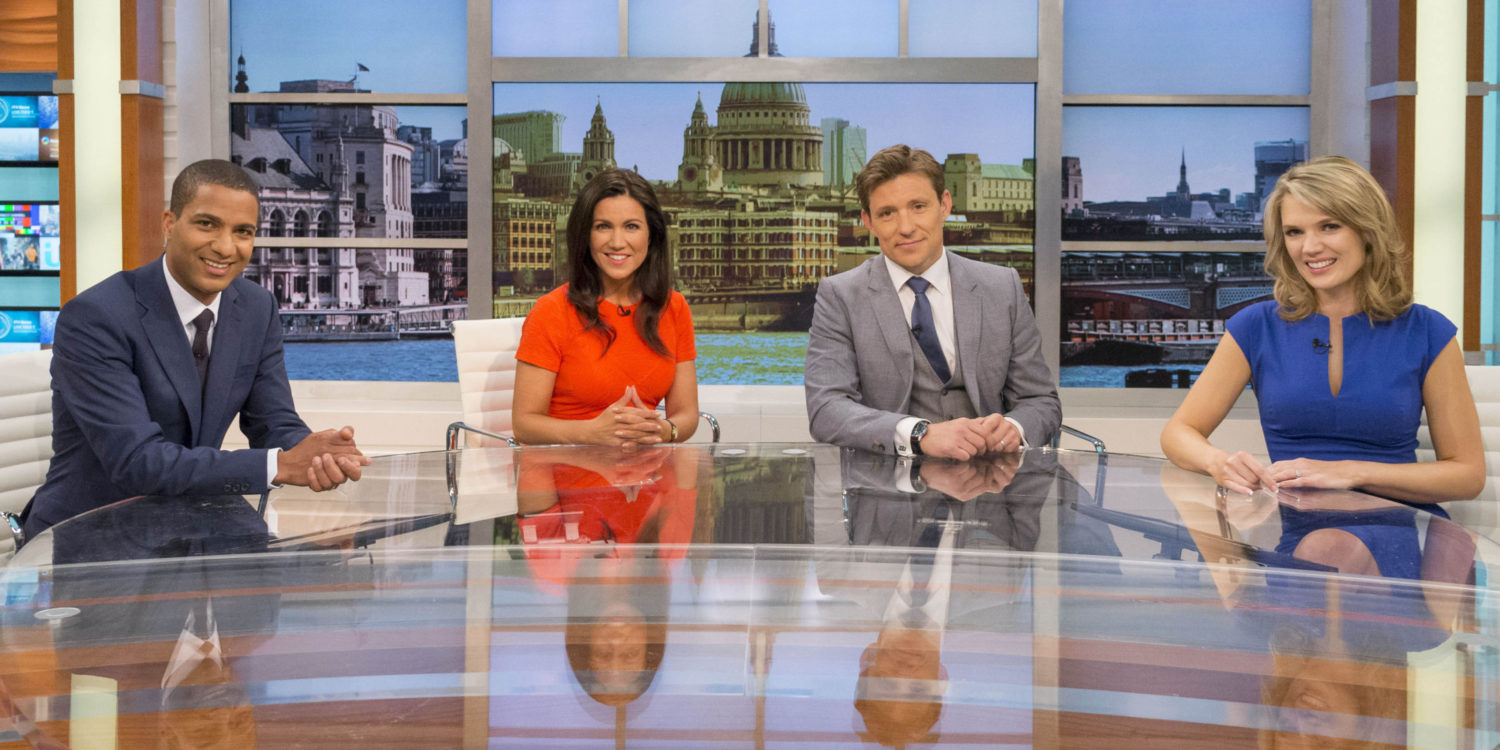By Caitlin Medearis
Journalism can be an extremely tough field to enter, especially for females in the United States, for one reason: sexism. Not only do females in the US labor force still make around 70 cents to the man’s dollar and have a smaller chance of rising up to CEO positions than men do, but they still face high levels of degradation and harassment on a daily basis. This holds true for female journalists as well, because with online and social media platforms, female writers, broadcasters, and presenters receive many more hateful comments than their male counterparts, usually from anonymous males and often involving things like violent threats or insults about their appearances.
Additionally, with many American networks, Fox News in particular, female reporters and anchors are chosen based on their physical attributes; being young, slender, and many times, blonde often puts women at an advantage. The male presenters, on the other hand, stay on camera as lead anchors or hosts until they’re well into their fifties, sixties, or later (Larry King, for instance). The females get noticed for their clothing and makeup, while males get more attention for their interviewing skills. Even in a more liberal country like Australia, there are examples of this. Karl Stefanovic, a co-host of “Today,” an Australian morning news show, was fed up with the appearance-focused criticisms on his female co-presenter. He decided to wear the same blue suit on air during every single broadcast for a year, and no one seemed to notice. He said about the experiment: “…women, they wear the wrong color and they get pulled up. They say the wrong thing and there’s thousands of tweets written about them…I’m judged on my interviews, my appalling sense of humor—on how I do my job basically. Whereas women are quite often judged on what they’re wearing or how their hair is.”
Although sexist ways of thinking are still quite prevalent in all areas of the world and need to be addressed, the United Kingdom seems to be a place where female journalists are considered equal to their male counterparts, more often than not, and have their abilities as interviewers and presenters respected more than their physical appearances. For instance, the BBC has a nearly equal amount of female and male journalists, reporters and presenters as well as an impressively equal ratio of men and women producers and other higher-up positions. Pauline Lockwood, a producer of the BBC, says she feels respect and balance between the two genders in the field is present in the UK. “I think that at lower levels, there are about the same amount of men and women…but I also know very successful [female] producers, senior producers that travel abroad, editors, program editors, etc.,” she says. “I think women are highly regarded in journalism in the UK as a whole and [in] the BBC, especially, or [on] other serious channels like ITV, Channel 4 News, and Sky News.”
However, Lockwood also says female journalists in Britain still have some obstacles to face, especially for women with families. “I think the problem is the same as in the wider society, in that women will ultimately have children, for example” she says. “That can be a problem if you are a foreign correspondent who needs to travel at a moment’s notice.”
Whether or not this is truly a largely affective factor for female journalists, it seems women have an equal part in the world of journalism in the United Kingdom as men do, and sometimes even have the upper hand. It is a way of thinking about female journalists, female workers, and females in general from which a majority of other places in the world can learn. “Having said that,” says Lockwood, “I have never been made to feel valued simply because I am woman. I feel that my male colleagues are smart, modern, and fully supportive of women succeeding as much as they do.”

Caitlin Medearis is a reporter and writer from Portland, Oregon, and got her professional start in television news. During her time at the University of Oregon, she participated in journalism programs abroad in Seville, Spain, and later in London, England. She’s always up for good conversation and a great cup of coffee! Follow her at @CaitlinMedearis.



